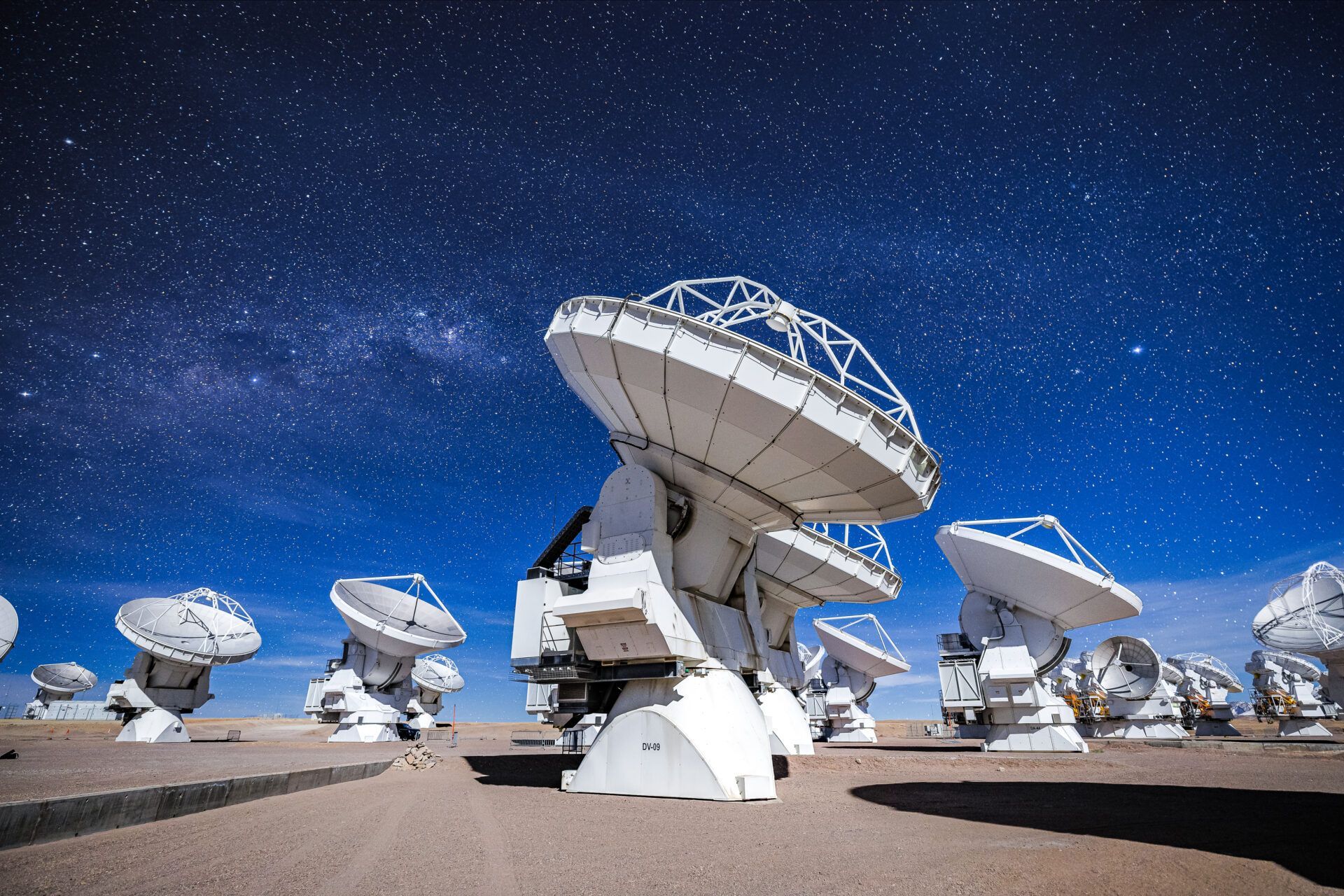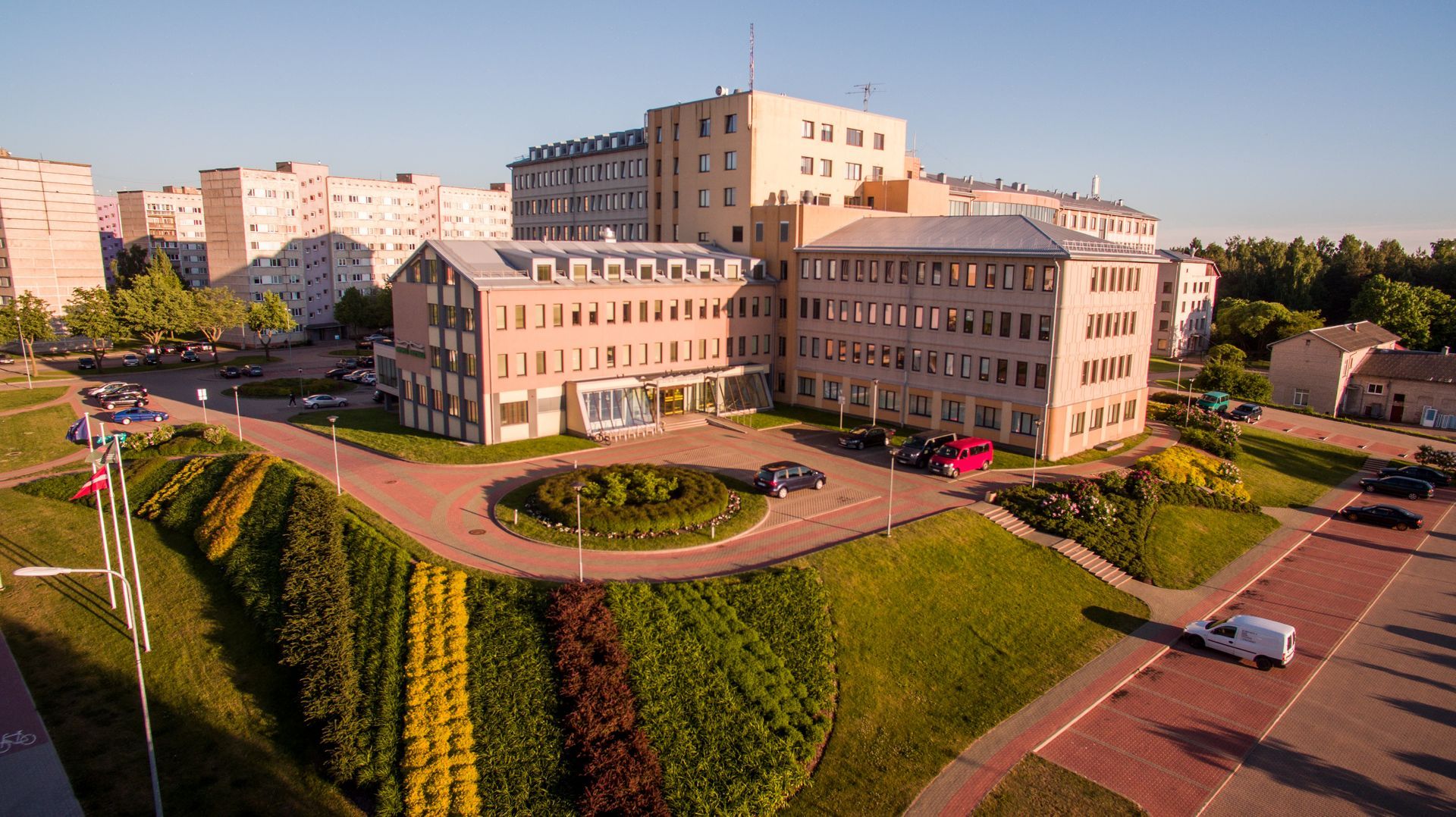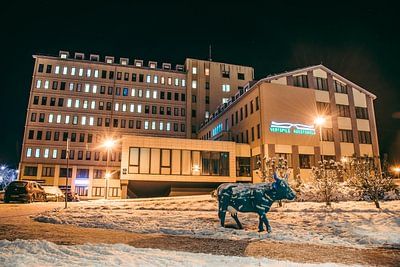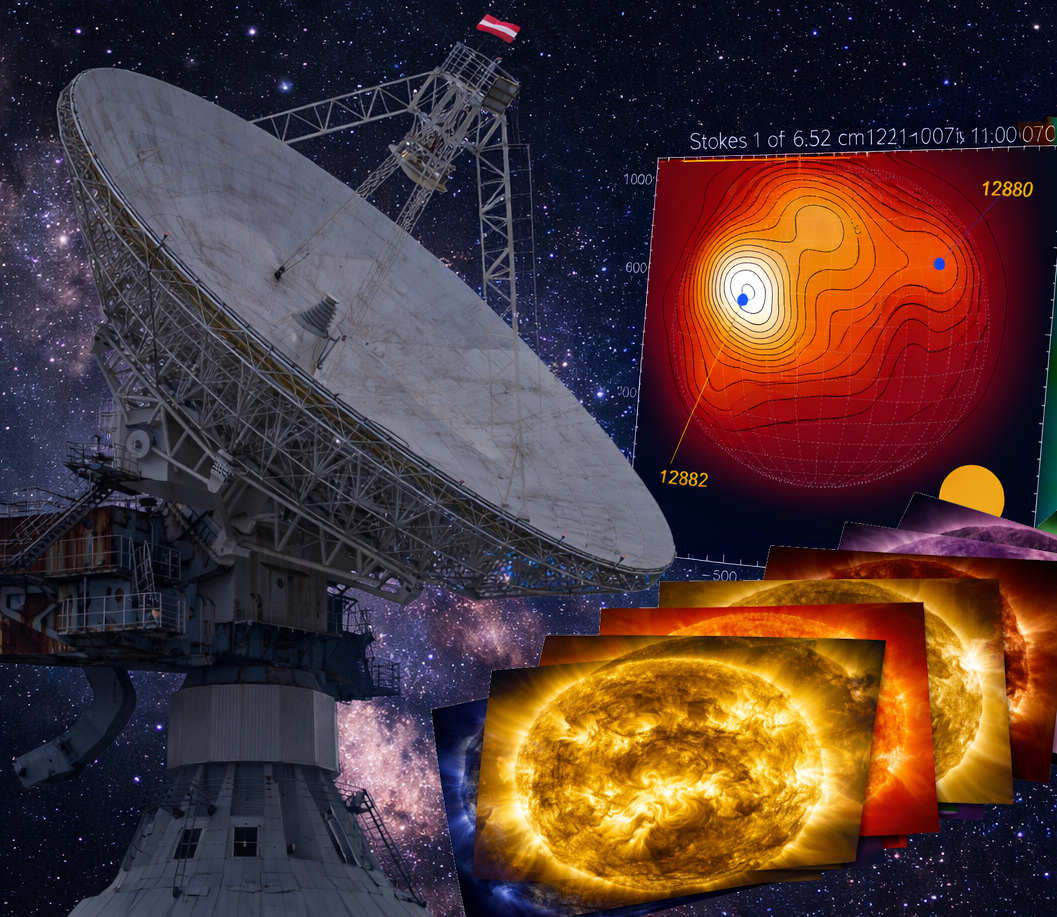Erasmus experience at the Czech Republic
My name is Katrīna, I am currently a fourth year student at Ventspils University of Applied Sciences (VUAS) in the programme "Translation" and I have spent the last two semesters in České Budějovice, in the south of the Czech Republic. After this year abroad, I would say that I have gained so much and really understood what it means to broaden your horizons.
I applied for Erasmus+ mobility back in 2019 and initially chose Porto, Portugal as my destination, but then the pandemic came and unfortunately I had to postpone my mobility twice and in the end I decided to cancel my application. I did not want to give up my opportunity to go on an Erasmus+ mobility during my time at the university, so at the last minute my roommate and I decided to apply for the autumn 2021 semester in the Czech Republic. If we get accepted then good, if not, then not and it was not meant to be.
And we got accepted! I arrived in the Czech Republic with my suitcase and was ready to spend the next five months there. I didn't even know how to say "hello" in Czech, but I wasn't the only one. I quickly met many students from different countries like Spain, Germany, France and even the USA and Nepal. In fact, we were all so different, but we were united by the fact that we had to spend this semester there together, that is why we quickly became friends, met up often and went to several events together.
I am also a part of the VUAS Student Council, so it was very interesting to see how other student organisations work and to get a feel of what it is like to be an international student so far away from home. I was able to get inspired and steal some ideas that I would like to implement back home. Their ESN (or Erasmus Student Network) consisted of some Czech students who organised several trips, hikes, parties and cultural evenings for us. This was one of the main things that helped us fit in and really made us enjoy our Erasmus time.
It is often said that Erasmus is a great time that you will never forget - I totally agree, but the other side of Erasmus is that most of the time you are trying not to get lost in a foreign country, in the amount of necessary documents and in a foreign school system. It may sound very unpleasant, but I think that's where you can grow the most. I was lucky that I went with my roommate and we were able to panic and laugh together at times about our failures. For example, we had both signed up for French because we had figured it would be at a beginner level, we found out pretty quickly that we had come to a masters level class (or C1 level). But instead of leaving straight away, because obviously this wasn't for us, we sat for an hour not understanding what anyone else was saying. When it was our turn to introduce ourselves (we were somehow the last ones left), we tried to explain, with minimal knowledge of French, that we had come to the wrong course, and somehow we explained it and were able to leave. We then quickly realised how to find the right course description, which I highly recommend to read thoroughly beforehand, and it was easy to replace this course with another.
This is just one of the little stories that could be told from our Erasmus experience. I think anyone who has spent a semester abroad could talk for hours about their adventures. When you face these misunderstandings and fears, you learn so much about yourself and about the new environment around you. Erasmus is a great way to learn more about living abroad, because at any point you can contact an Erasmus coordinator who will help you with all sorts of problems (including encouraging you to extend your Erasmus). It's easy to get stuck at the comfort of your home and get used to the routine. Even if it feels scary to go to another country and start sorting things out, once the band-aid is off and maybe even a tear is shed, you realise that you have learnt something, you have become more confident and you know that everything in life can somehow be solved.
Erasmus has been one of the highlights of my life and I don't think that will change because every day was an adventure. There was rarely a weekend I spent just sitting in my room relaxing. I tried to explore not only the Czech Republic, but also the surrounding countries such as Austria, Hungary and Italy. Public transport was relatively cheap, it seemed sinful not to take the opportunity to take the train to a nearby town or the beautiful Prague and just wander around. Sometimes people say that the air feels better abroad, but to be honest, that's definitely true for Erasmus. Although there is a phase when the culture shock hits, mostly you just enjoy every little moment, the sun feels warmer (compared to the cold Latvian winter, the Czech weather was more generous), the bread seems tastier and you want to take all the opportunities because if not now, then when?
If someone is still thinking about whether to go or not, I would say to think about the things you take with you, because your suitcase is quite full on the way home. You have to take this opportunity, you can learn a semester's worth of stuff at any time, but studies go by very quickly and you have to use these years that you have to learn about yourself.
Share on other platforms
Other news







